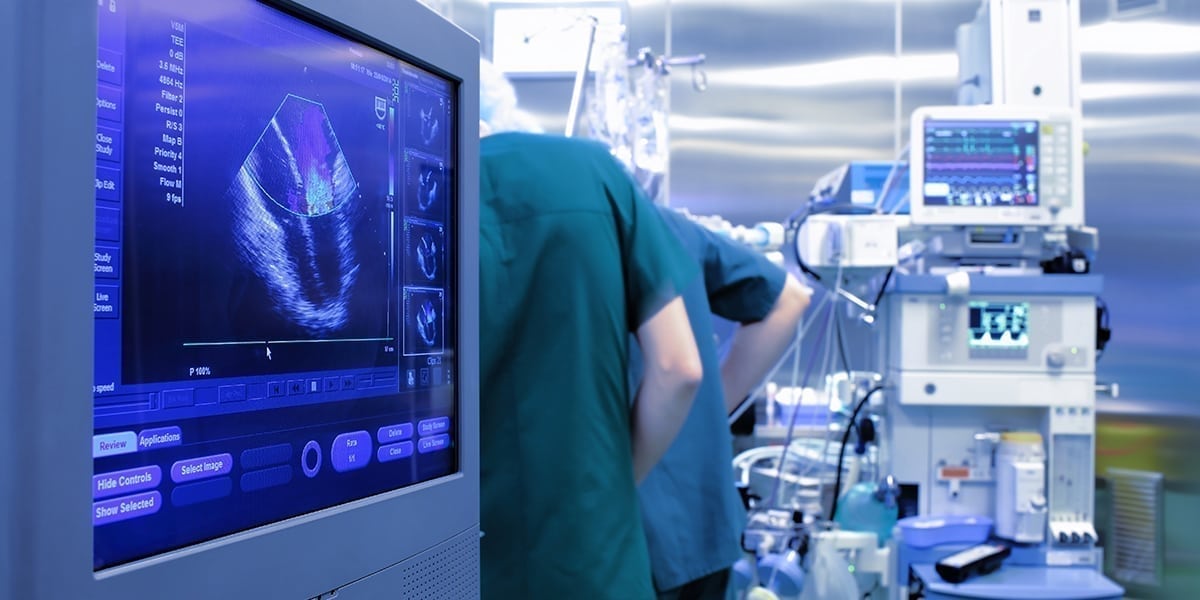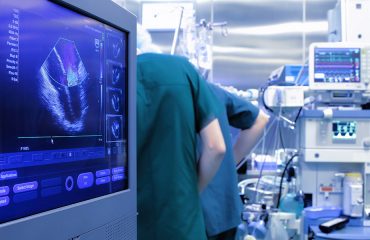Simplifications of clinical studies for medical devices and pharmaceutical products in China.
On 11.05.2017 NMPA (China Food and Drug Administration) issued two announcements – no. 2017-52 and -53 – handling the simplification of clinical studies in China. Medical devices and pharmaceutical products can thus be launched in China much easier.
1. Policies about promoting market approval of new and innovative drugs and medical devices:
This proposal refers particularly to innovative treatment methods for life-threatening diseases. If such a product turns out to be successful at an early stage of the clinical study, it can be put on the market with reservations even before the clinical study has been finished.
2. Policies about administration of clinical trials on the innovation of medical devices and drugs:
This is an initiative which allows all hospitals and medical institutions to carry out clinical studies in China, which, up to now, only specially accredited hospitals of the highest category, were allowed to do. In the future, a medical institute only has to register on the NMPA website, in order to be allowed to perform clinical studies.
Furthermore, the draft allows clinical studies which were performed abroad to be used for product registration in China, as long as they comply with the “Requirements of the NMPA Drugs and Medical Device Registration”. The only exception are eight Class III high risk medical devices like implantable cardiac pacemakers, blood pump, infusion pump for medicines, stents, artificial organs and orthopedic components (see NMPA Notice 2014/14 ).
On 17.05.2017 the draft of the third revised list for medical devices exempted from clinical studies was issued. It contains 22 class II and 6 class III products.
These measures will give Chinese patients a faster access to innovative and improved treatments and reduce the launching costs.
NMPA has used much effort in the past years to make the registration process more efficient and safe. The number of employees working for registration was increased by 450 in a period between mid-2015 and end of 2016, which means a fourfold increase.
In April this year the Supreme People’s Court of the People’s Republic of China announced a new interpretation of the criminal code, according to which persons who forge clinical studies are facing severe punishment. If a drug, which was registered with forged clinical studies and caused injury to a patient’s health, the forger faces a 10 years’ imprisonment – if the patient dies, even a death sentence is possible. Even if the drug in question was not registered and did not cause any harm, the submission of falsified registration documents is punished with a 3 years prison sentence. Should any organizations entrusted with the performance of clinical studies be involved in any fraud, their accreditation will be cancelled.
For further information on the above topics, please contact:
Cisema GmbH
Tel.: +49 89 4161 7389 – 00
info@cisema.de
www.cisema.com

 Deutsch
Deutsch  Italiano
Italiano  Français
Français  日本語
日本語  한국어
한국어 



